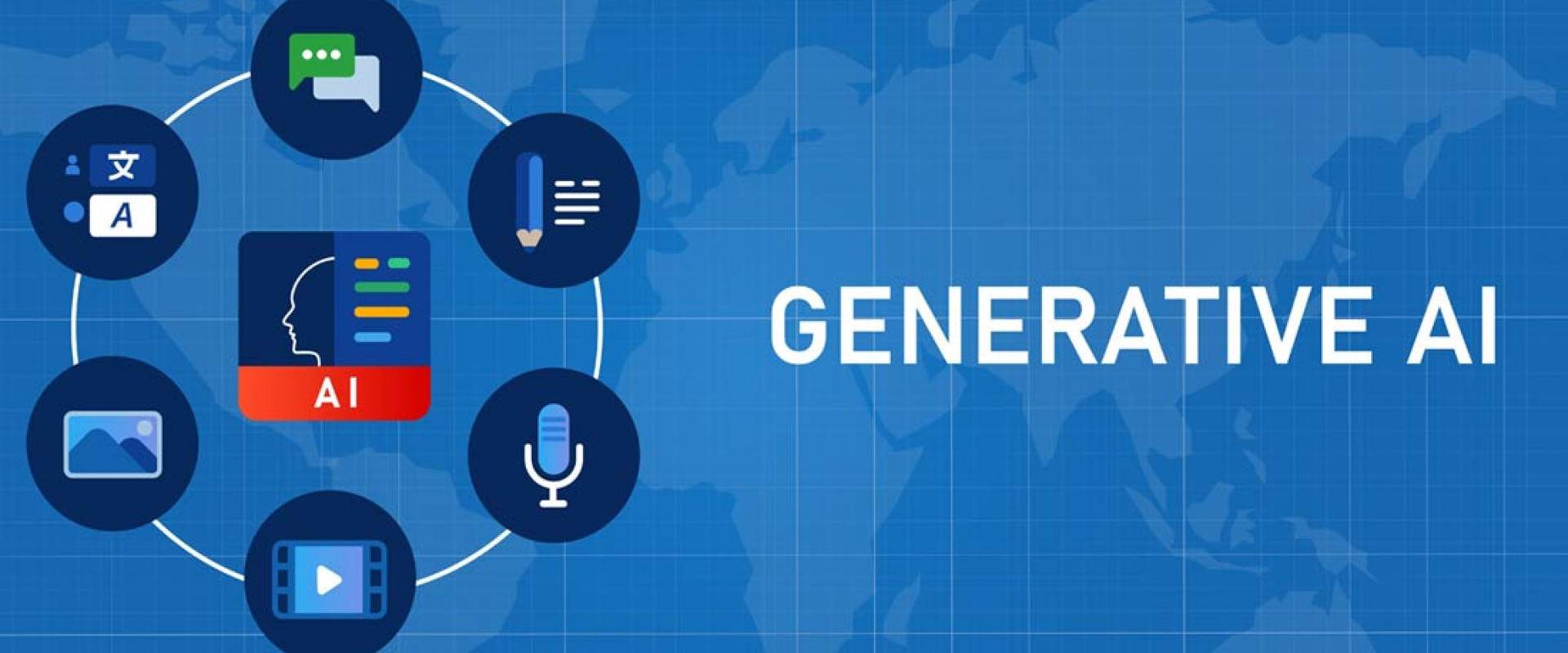The Future of Kubernetes: Potential Improvements Through Generative AI

Generative AI, a technology that generates new data similar to the original ones, could enhance Kubernetes' efficiency, usability, and functionality.
Kubernetes, the open-source platform for automating deployment, scaling, and management of containerized applications, has revolutionized the IT industry. However, like all innovative technology, it continuously seeks enhancements to improve efficiency, usability, and functionality. One such area promising potential improvements is Generative AI. This sophisticated technology can generate new data that shares the same characteristics as the original data, such as images, music, text, or code. As we delve into the possibilities, we realize the potential improvements in Kubernetes as part of Generative AI.
How Can Generative AI Enhance Kubernetes?
1. Automated Configuration and Deployment
Generative AI can automate the configuration and deployment of applications in Kubernetes. By learning from historical deployment patterns and configurations, generative models can predict the optimum configuration for a new application. Generative AI can also help to scale applications automatically based on traffic patterns, reducing the need for manual intervention.
With Generative AI, deployment scripts could be generated based on the specific needs of an application. For example, a Generative AI system could produce a Kubernetes deployment YAML file like this:
apiVersion: apps/v1
kind: Deployment
metadata:
name: generativeai-deployment
spec:
replicas: 3
selector:
matchLabels:
app: generativeai
template:
metadata:
labels:
app: generativeai
spec:
containers:
- name: generativeai-container
image: generativeai:1.0
ports:
- containerPort: 8080
This script could be generated automatically based on the application’s needs, without the developer having to manually write it.
2. Improved Security
Generative AI can play a crucial role in improving the security of Kubernetes deployments. By learning normal behaviour patterns within the cluster, generative AI models can detect anomalies that might indicate a security breach. This could lead to more robust intrusion detection systems that are capable of identifying and responding to threats in real time.
Generative AI could be used to create scripts that monitor network traffic within a Kubernetes cluster and detect anomalies. For example:
kubectl logs -l app=generativeai --tail=20 | grep -i "error"
3. Resource Optimization
One of the challenges with Kubernetes is efficiently managing computing resources. Generative AI can help by predicting the resource needs of applications and optimizing their allocation. This could, for example, prevent over-provisioning of resources and save considerable costs.
4. Enhanced Error Handling
Generative AI can help improve Kubernetes' error handling by predicting potential failures before they happen. By analyzing historical data, generative AI can identify patterns that typically lead to failures and take preventive action. This proactive approach can significantly reduce downtime and improve the overall reliability of applications running on Kubernetes.
Generative AI could potentially predict issues and generate scripts to handle them. For instance, if a pod continually restarts, a Generative AI system could generate a script like:
kubectl get pods --field-selector=status.phase=Running | grep generativeai-deployment
5. Advanced Troubleshooting
Generative AI can assist in solving complex troubleshooting scenarios in Kubernetes. By learning from past incidents and their resolutions, Generative AI can suggest solutions to new problems, thereby reducing resolution times and improving system uptime.
Conclusion
The integration of Generative AI with Kubernetes offers vast potential for improvements. Automating application deployment and scaling, enhancing security, optimizing resources, and providing advanced error handling and troubleshooting are just a few of the possibilities. However, the true potential of this integration will only be realized with continuous research and development. As Generative AI evolves, we can expect to see significant advancements in the way Kubernetes operates, leading to more efficient, secure, and reliable deployments.
We Provide consulting, implementation, and management services on DevOps, DevSecOps, DataOps, Cloud, Automated Ops, Microservices, Infrastructure, and Security
Services offered by us: https://www.zippyops.com/services
Our Products: https://www.zippyops.com/products
Our Solutions: https://www.zippyops.com/solutions
For Demo, videos check out YouTube Playlist: https://www.youtube.com/watch?v=4FYvPooN_Tg&list=PLCJ3JpanNyCfXlHahZhYgJH9-rV6ouPro
If this seems interesting, please email us at [email protected] for a call.
Recent Comments
No comments
Leave a Comment
We will be happy to hear what you think about this post